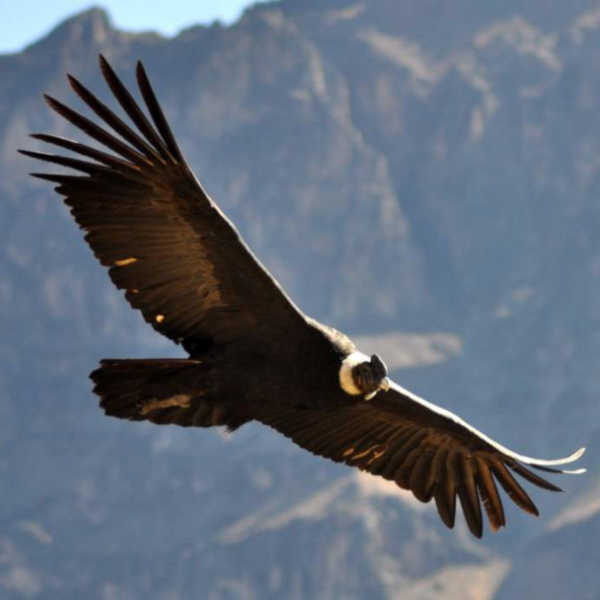FWP:
SETS == GESTURES
GRANDIOSITY: {5,3}
MADNESS: {14,3}
For background see S. R. Faruqi's choices. This verse is NOT one of his choices; for its own interest and also for the sake of completeness, I have added it myself. For more on Ghalib's unpublished verses, see the discussion in {4,8x}.
In the original ghazal, this was a second opening-verse, positioned right after {84,2x}.
On expressions compounded with yak , see {11,1}.
What a striking image, and what a fine verse! In my view, this one is better than many others in this ghazal, and I'm surprised that Faruqi didn't include it among his selections. The speaker says that if he would complain of wildness/madness or restlessness after death, he would cause 'a whole desertful of' dust to 'open a wing' and fly like a bird (or at least to fly up, the way dust does when disturbed). This might seem an improbably powerful feat for a dead person to perform, but consider {39,2}, in which the lover's longing to kiss the beloved's feet causes fields of henna to grow for miles around his grave.
Why might the dead but restless lover make this wildly extravagant gesture?
=It would be an attempt to call attention to his complaint, like the wearing of paper robes in {1,1}.
=It would be an uncontrollable symptom or expression of the very wildness/madness of which he complained.
=It would be an attempt to assuage his wildness and restlessness through movement, flight, wandering.
=It would be a mental act only; the vast 'wing' of his restless thought would merely be 'like'-- with se being short for jaise -- a wave of dust.
=He would not make any such gesture; his claim that he might do so is a sign of his present madness.
And of course, since the action itself remains not only uninterpreted but also unperformed, we're left to decide for ourselves what it might possibly mean. We're left to imagine the sweep of a wave of dust-- a great 'whole-desert' wing taking flight.

Asi:
If somehow after death I would come to complain of my wildness of heart, then from my wave of dust and the dust of my grave I would attach a 'whole-desert' wing. That is, if somehow after death too I would complain of wildness, then I would overturn the surface of the desert and fly off with wilderness upon wilderness.
== Asi, p. 161